The trial, funded by the US National Institute of Allergy and Infectious Diseases (NIAID), will evaluate the investigational vaccine, called FluMos-v2, for safety and ability to generate an immune response.
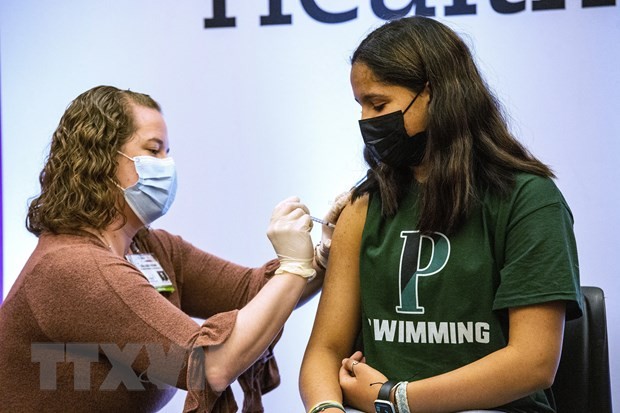 |
| Covid-19 vaccination for people in Hartford, Connecticut, USA. (Source: AFP/VNA) |
This is a vaccine product developed by NIAID that generates antibodies against many different strains of influenza virus by displaying a portion of the influenza virus's hemagglutinin protein in repeating patterns on self-assembling nano-patterns.
Exposure to these harmless pieces of viral proteins helps the immune system recognize and fight the real virus.
According to the NIH, animal testing results showed that the experimental vaccine produced a strong antibody response.
The new trial is expected to enroll 24 healthy volunteers between the ages of 18 and 50. Volunteers will receive two intramuscular injections of the FluMos-v2 vaccine, with an interval of 16 weeks between the two injections.
For 40 weeks after the first injection, participants will be contacted regularly by phone and tested to monitor their response to the experimental vaccine.
According to the NIH, most seasonal flu vaccines are developed to "train" the immune system against three or four different strains of common flu.
Scientists hope the development of a "universal" flu vaccine could provide protection against many other strains of flu.
Source


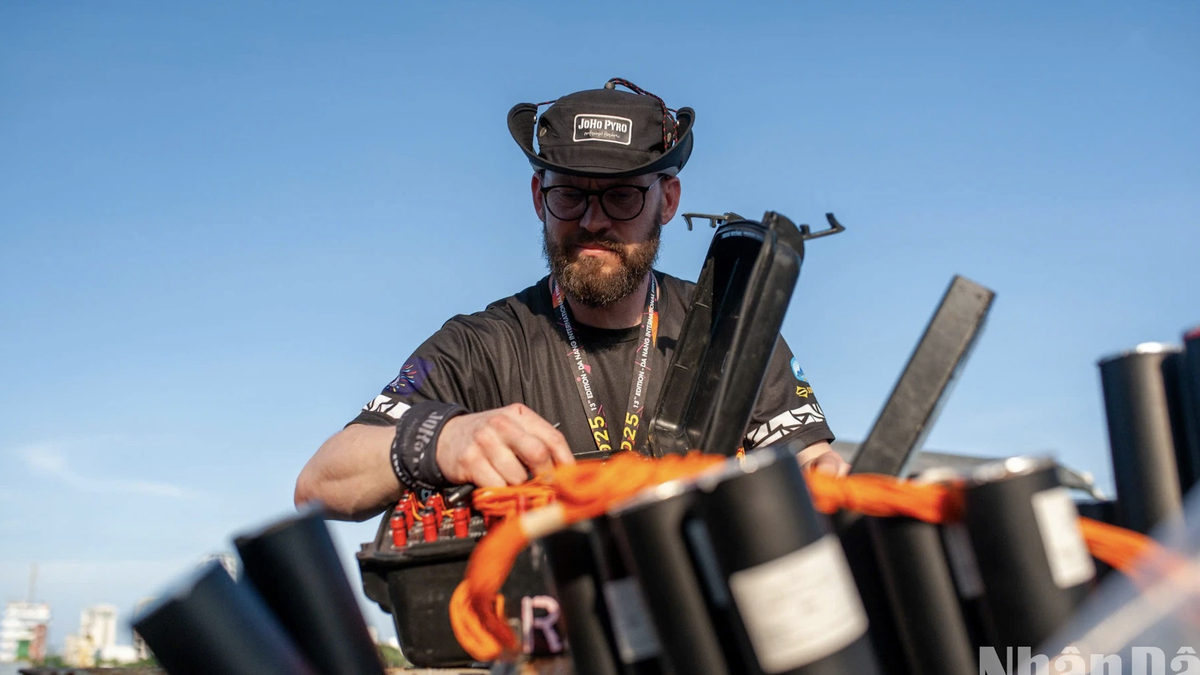
![[Photo] Prime Minister Pham Minh Chinh meets with Hungarian President Sulyok Tamas](https://vphoto.vietnam.vn/thumb/1200x675/vietnam/resource/IMAGE/2025/5/29/dbcaa73e92ea4448a03fe1d0de6d68e8)

![[Photo] Vietnamese and Hungarian leaders attend the opening of the exhibition by photographer Bozoky Dezso](https://vphoto.vietnam.vn/thumb/1200x675/vietnam/resource/IMAGE/2025/5/29/94d8ceca5db14af3bf31285551ae4bb3)
![[Photo] Prime Minister Pham Minh Chinh receives a bipartisan delegation of US House of Representatives](https://vphoto.vietnam.vn/thumb/1200x675/vietnam/resource/IMAGE/2025/5/28/468e61546b664d3f98dc75f6a3c2c880)



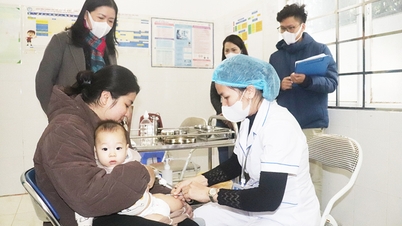



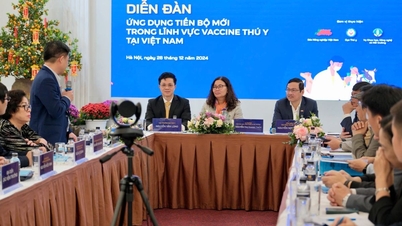










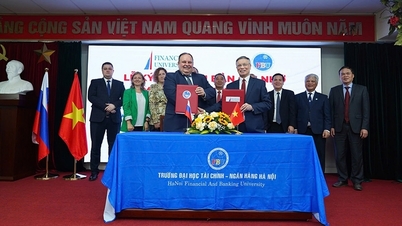













































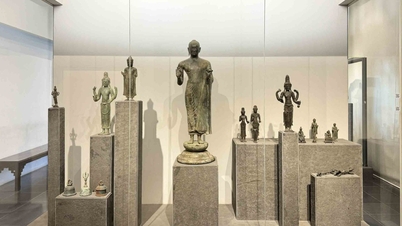








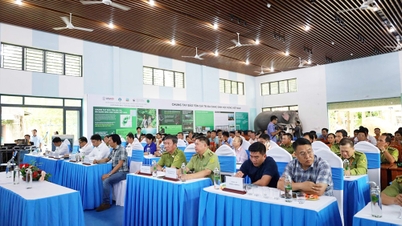
















Comment (0)